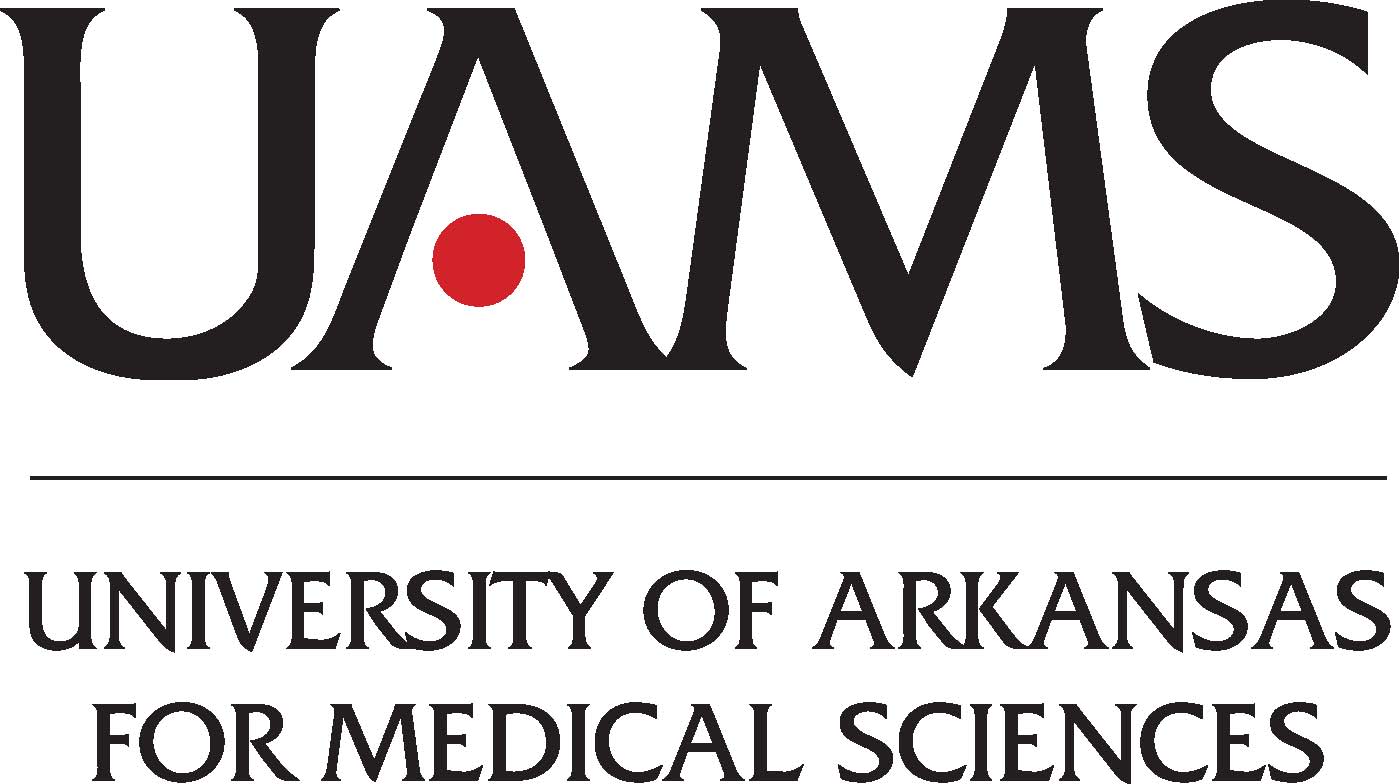A Pilot Study to Assess the Immunogenicity of Candidate PSA Peptides for a Prostate Cancer Vaccine
| Status: | Completed |
|---|---|
| Conditions: | Prostate Cancer, Cancer |
| Therapuetic Areas: | Oncology |
| Healthy: | No |
| Age Range: | 18 - Any |
| Updated: | 1/11/2019 |
| Start Date: | August 2015 |
| End Date: | December 2018 |
To measure antigen-specific interferon-secretion by enzyme-linked immunospot (ELISPOT) assay,
which measures antigen-specific interferon-secretion.
which measures antigen-specific interferon-secretion.
The goal of this project is to collect information in regards to the immunogenicity of PSA
peptides in order to develop a novel therapeutic vaccine. This vaccine will consist of
prostate specific antigen (PSA) peptide and Candida skin test reagent. Candida has recently
been shown to be a promising new vaccine adjuvant for promoting T-cell responses. It can
induce interleukin-12 (promotes T-cell response) secretion by Langerhans cells, the main
antigen presenting cells in skin. In a Phase I clinical trial treating women with
biopsy-proven high-grade squamous intraepithelial lesions (HSILs), precursors of cervical
cancer, a combination of human papillomavirus peptides with Candida was demonstrated to be
safe, to induce immune responses to human papillomavirus, and to promote T-helper type 1
(Th-1) response (promotes cellmediated immunity) in vaccine recipients.
For treating prostate cancer, PSA is an ideal antigen as it is expressed in prostate cancer
but not in any other organs. The characteristics of peptides that can effectively be used in
therapeutic vaccines are their solubility in a single solution, immunogenicity in terms of
containing large number of T-cell epitopes (so the vaccine can be used for all patients and
not just a few that express certain Human Leukocyte Antigen (HLA) tissue types), and ability
to mature Langerhans cells which in turn promotes T-cell activity.
In this protocol the investigators focus on the immunogenicity of candidate peptides.
peptides in order to develop a novel therapeutic vaccine. This vaccine will consist of
prostate specific antigen (PSA) peptide and Candida skin test reagent. Candida has recently
been shown to be a promising new vaccine adjuvant for promoting T-cell responses. It can
induce interleukin-12 (promotes T-cell response) secretion by Langerhans cells, the main
antigen presenting cells in skin. In a Phase I clinical trial treating women with
biopsy-proven high-grade squamous intraepithelial lesions (HSILs), precursors of cervical
cancer, a combination of human papillomavirus peptides with Candida was demonstrated to be
safe, to induce immune responses to human papillomavirus, and to promote T-helper type 1
(Th-1) response (promotes cellmediated immunity) in vaccine recipients.
For treating prostate cancer, PSA is an ideal antigen as it is expressed in prostate cancer
but not in any other organs. The characteristics of peptides that can effectively be used in
therapeutic vaccines are their solubility in a single solution, immunogenicity in terms of
containing large number of T-cell epitopes (so the vaccine can be used for all patients and
not just a few that express certain Human Leukocyte Antigen (HLA) tissue types), and ability
to mature Langerhans cells which in turn promotes T-cell activity.
In this protocol the investigators focus on the immunogenicity of candidate peptides.
Inclusion Criteria:
- Histological documented diagnosis of prostate cancer
- 18 years of age or older
- Signed informed consent form approved by the University of Arkansas for Medical
Sciences (UAMS) Institutional Review Board (IRB)
Exclusion Criteria:
- Subjects must have no other current malignancies.
- Subjects with prior history at any time of any basal or squamous skin cancer are
eligible, provided they are disease-free at the time of registration.
- Subjects with other malignancies are eligible if they have been continuously disease
free for ≥ 5 years prior to the time of registration
We found this trial at
1
site
529 West Markham Street
Little Rock, Arkansas 72205
Little Rock, Arkansas 72205
(501) 686-7000

Principal Investigator: Konstantinos Arnaoutakis, MD
Phone: 501-686-8511
University of Arkansas for Medical Sciences The University of Arkansas for Medical Sciences (UAMS) in...
Click here to add this to my saved trials